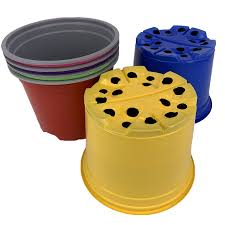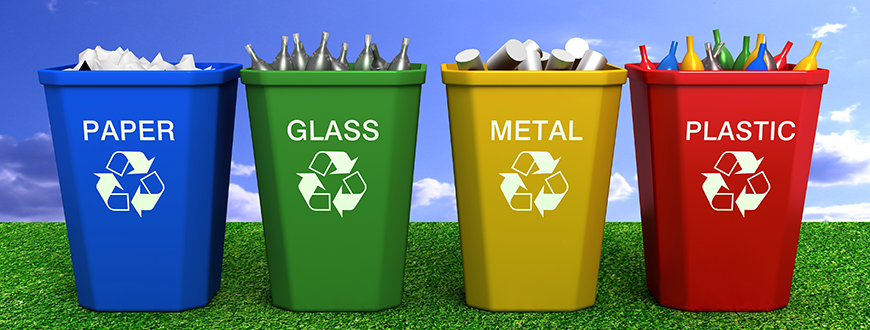At the end of 2019 recycling rates were worse than they were five years ago, after the percentage of waste being collected fell despite pledges to make the system simpler for households.
The figures from the Department for the Environment, Food and Rural Affairs (Defra) show that the amount of household rubbish being recycled dropped from 45.2 per cent in 2017 to 44.7 per cent in 2018. How is this possible when it’s all we seem to talk about?
Worryingly, there is no national strategy for recycling in the UK. It seems that local authorities accept a variety of materials and process them in different ways. Here in Dorset we can re-cycle just about anything but at my sister-in-law’s in Hampshire I am often bamboozled by how little goes into their recycling bin.
Let’s explore some of the inconsistencies

Only 10 per cent of homes can recycle cling film and plant pots. I am not certain whether to put the glad wrap in the trash or recycling. I’ve moved to beeswax paper where possible
All plastic bags, except biodegradable or compostable bags, can be recycled but only 18 per cent of households can recycle them because a limited number of councils accept them, according to waste charity Wrap. If this is the case, it’s worrying as due to COVID-19, home delivery companies send all their groceries in plastic bags – I for one have a cupboard full. But the good news is when we are all out and about again and visiting the big 4 supermarkets – they will take them back even if your council won’t.

No one seems to be clear on whether pizza boxes are recyclable or not. Some companies say the boxes can be processed even if there are food traces present, but several reports state food contamination makes this impossible to put them through the process – do we need to move away from pizza delivery to do our bit?
You’d think that all households would be able to recycle detergent and milk bottles, but it seems that only 1 per cent can recycle this expanded polystyrene packaging. Again this is often used for takeaway boxes so is this the end of the Eco household if we grab a takeout?
The bottom line is that sadly, still supermarkets are churning out more plastic than ever, despite their very public commitment to cut down. This is so often single-use plastic making it difficult or nigh impossible to recycle. These giants generate 900,000 tonnes of plastic packaging every year. They have the power to lead the way and move towards a more sustainable, planet friendly strategy and therefore dramatically reduce the amount of single-use plastic produced.
